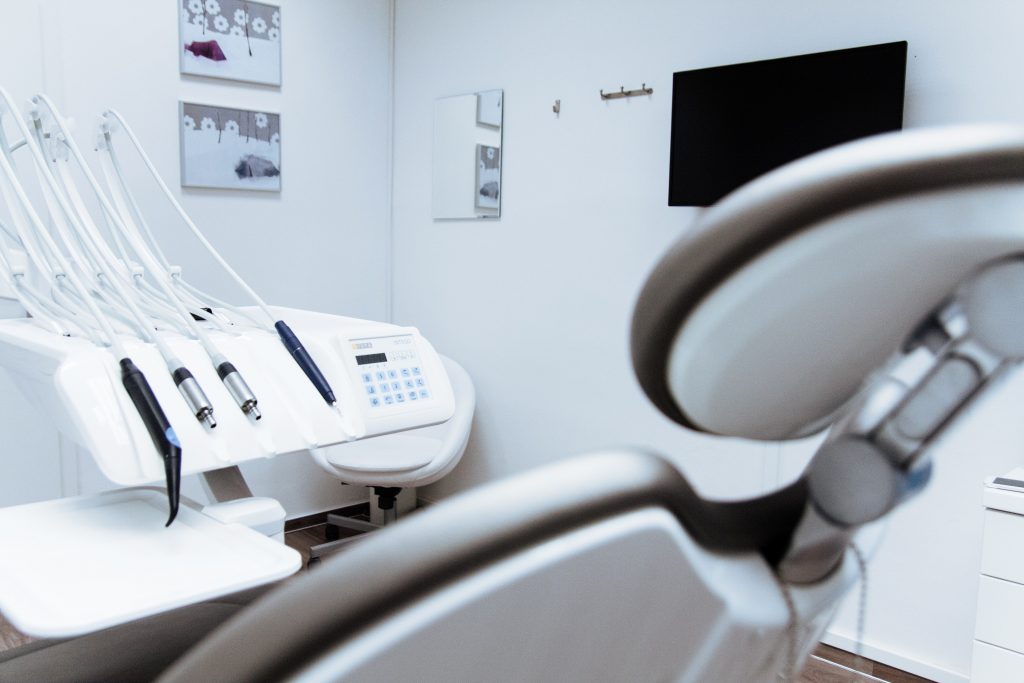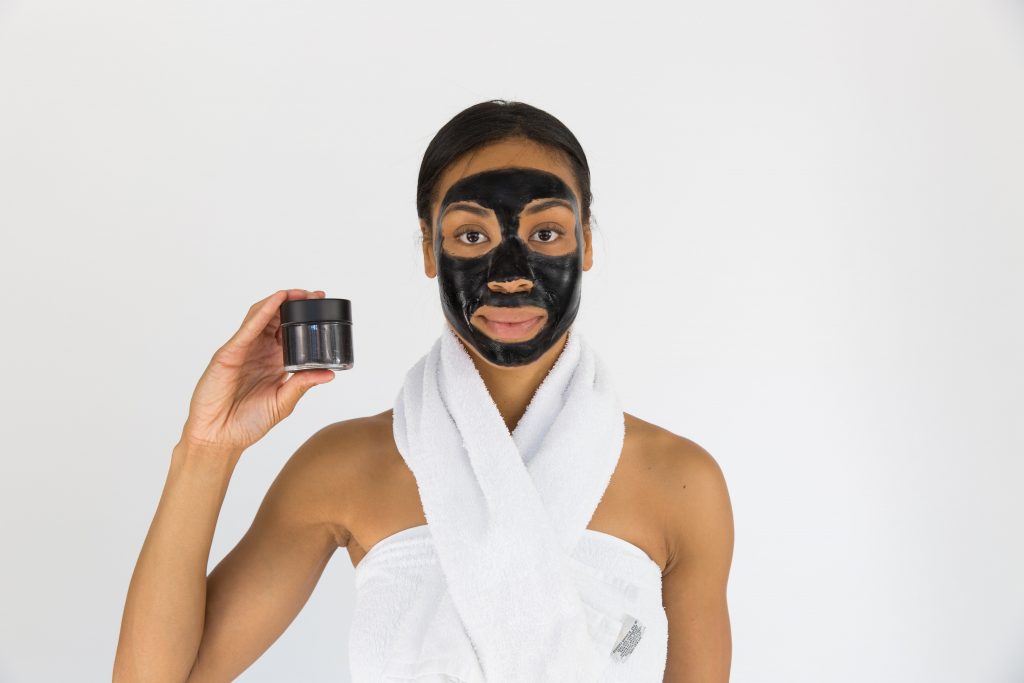You have tried everything under the sun — heaps of face washes and acne creams, even the strongest over-the-counter remedies — nothing gets rid of your pimples. Perhaps you thought that your acne would finally clean up, which means that you resisted visiting a skin doctor or dermatologist, or thought with all these products on the current market, something would help your skin.
Feeling like your migraines are not likely to go away by themselves? Since acne ranges from moderate to severe, it also has a propensity to fluctuate, it is difficult to understand when to enlist the support of a specialist. Below are five signs that it is now time to make that particular call.
1. You have attempted every above-mentioned solution
Does this seem familiar? You spend many dollars on pharmacy acne products — purchasing a product, attempting it, discovering it does not work, then purchasing a different one. The cycle continues indefinitely, is a massive waste of money, and generates no results. Sometimes, these products used to perform the trick, but today you are noticing an increasing number of breakouts. Perhaps it feels as if you are running out of choices and you do not wish to keep turning your wheels.
If constant utilisation of over-the-counter remedies (and washing your face frequently!) They’ve got access to more powerful treatments like laser treatment and may prescribe drugs, like antibiotics, birth control pills, and topical retinoid, all which may be effective choices when nothing else seems to function.

2. Acne for the first time
It is probably a fantastic idea to consult a dermatologist if you have had clear skin all of your life and are having mild to severe allergies (not only a couple of pimples every once in a while). There are many culprits behind the sudden onset of acne, such as hormonal changes, diet, and increased anxiety levels. A physician will ask the proper questions to locate the main cause and suggest solutions. It is particularly important to get help from a dermatologist if you simply started taking a fresh medication or have experienced other key health or lifestyle changes.
3. Cystic Acne
Cystic acne is painful, inflamed lumps which begin deep beneath the skin. It is among the most difficult kinds of acne to treat and seldom subsides without treatment. Cystic acne pustules appear on the face, torso, back, and arms, and will last for weeks. Among the biggest issues with cystic acne is the fact that it is very likely to trigger pitted facial swelling. This is a significant reason it’s important to find a dermatologist, that can help prevent additional damage.
For anyone who has cystic acne, a dermatologist occasionally injects a steroid right into a pimple, which will help to calm the redness. Sadly, this is a temporary solution, however, it will give time to your physician to discover an enduring therapy.
4. You are worried you might have an underlying illness that is causing you to break out.
Dermatologists are trained to recognise those requirements and refer patients to specialists, who will then correctly take care of the underlying matter. Experts include endocrinologist (a physician who treats patients with hormonal imbalance) or rheumatologist (a doctor trained in systemic autoimmune ailments), along with a dermatologist. With appropriate intervention, many individuals see a decline in acne.
Occasionally other skin ailments, such as rosacea or even keratosis pilaris, may be mistaken for acne — even if your skin is red, swollen, itchy or uncomfortable, it is likely time to make a consultation with an expert. Dermatologists understand how to ascertain what is happening with skin and navigate the upcoming actions.
5. Your acne is badly damaging your self-esteem.
Each time you look in the mirror, do you feel unhappy about the way you look? Have you ever lost hope your skin will be apparent again? Ask yourself whether you’re turning down invitations to social events, averting mirrors and not letting yourself be photographed due to breakouts. All these are indications that acne is considerably affecting your self-image.
The psychological effects of acne tend to be minimised because the problem is so prevalent and therefore viewed as a readily fixable, benign issue. However, the reality is that severe acne may result in depression, anxiety, and other emotional health problems.
The most important thing.
In the end, if you feel as though your acne is badly affecting your lifetime or even a chronic issue you can not control all on your own, do not attempt to handle it independently. Dermatologists are especially trained to treat skin ailments and can help cure your acne — regardless of how intense.
